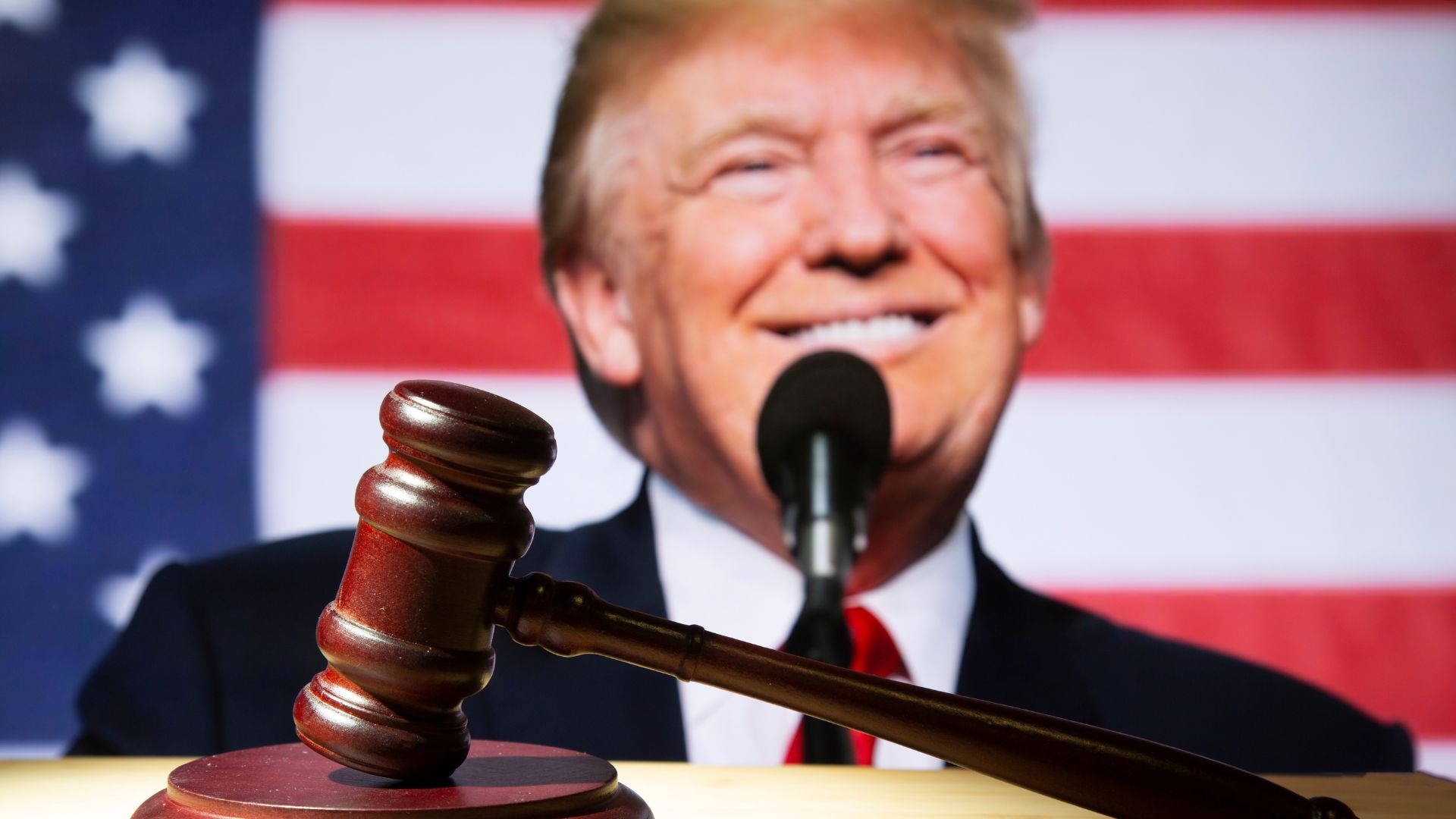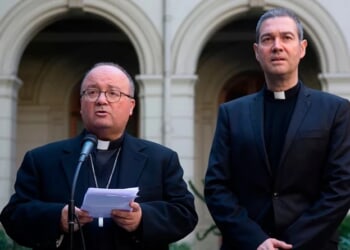
George Washington University law professor Jonathan Turley said Sunday that Supreme Court justices are growing frustrated with lower courts over their handling of deportation cases, particularly in the Trump administration’s efforts to deport members of the Venezuelan prison gang Tren de Aragua (TdA).
On Saturday, the Supreme Court issued a temporary halt to the Trump administration’s use of the Alien Enemies Act of 1798 to deport TdA members, ruling that detainees must have an opportunity to challenge their deportations.
Speaking on “Fox News Sunday” with host Shannon Bream, Turley noted that the high court is being forced into an “increasingly improvisational” approach due to the volume of emergency cases reaching its docket.
Trump’s Sovereign Wealth Fund: What Could It Mean For Your Money?
“What Justice Alito is objecting to is that this is becoming increasingly improvisational,” Turley told Bream.
“You have covered the Supreme Court for years, as I have, and we rarely see this level of number of emergency cases going in front of the Supreme Court. And a lot of them are half-baked in the sense that they simply don’t have the normal details, the record that you have. And the justices are expressing their frustration.”
Turley pointed out that United States District Judge Boasberg of the District of Columbia has drawn particular ire from some justices.
This Could Be the Most Important Video Gun Owners Watch All Year
“Previously, they expressed frustration for the district courts. You know, in the case of Judge Boasberg, they said, ‘What is this doing in your court? This is a habeas case that belongs down south.’ And I think that they are showing some of that frustration,” Turley said.
“And I think all parties should take heed of that. I think going to the Fourth Circuit decision, the Trump administration should not be alienating Chief Justice Roberts and others. They need to tone down this language a bit.”
The issue stems from President Donald Trump’s executive actions to address illegal immigration and border security.
On Jan. 20, Trump designated Mexican drug cartels, TdA, and the El Salvadoran prison gang MS-13 as foreign terrorist organizations.
On March 15, he invoked the Alien Enemies Act of 1798 to expedite the deportation of gang members.
That same day, Judge Boasberg issued an injunction ordering the Trump administration to redirect two planes carrying TdA members to El Salvador.
Boasberg later threatened to hold the administration in contempt for failing to comply.
On April 7, the Supreme Court overturned Boasberg’s orders in a 5-4 decision, ruling that he lacked authority to issue the injunction since the detained immigrants were in Texas, not the District of Columbia.
One of the related legal challenges is now pending in Texas.
Turley emphasized the justices’ concerns about the lack of substantial records in these cases.
“A lot of these challengers are bringing these cases fast and furious to the court, and what Alito is saying is, ‘What are we basing this decision on? These things are coming to us with virtually no record,’” he said.
The Supreme Court’s temporary halt and its broader frustration highlight ongoing tensions between federal courts and the Trump administration’s immigration policies.
As legal challenges continue, the high court’s call for clearer records and proper jurisdiction underscores the complexity of these deportation cases.
Connect with Vetted Off-Duty Cops to Instantly Fulfill Your Security Needs

![‘MONUMENTAL’ Supreme Court Ruling Hands Trump a Huge Win for Deportation Agenda [WATCH]](https://www.right2024.com/wp-content/uploads/2025/04/‘MONUMENTAL-Supreme-Court-Ruling-Hands-Trump-a-Huge-Win-for-750x375.jpg)
![NYC Tourist Helicopter Falls into Hudson River, Siemens Executive and Family Among Those Killed [WATCH]](https://www.right2024.com/wp-content/uploads/2025/04/NYC-Tourist-Helicopter-Falls-into-Hudson-River-Siemens-Executive-and-350x250.jpg)






![Red Sox Fan Makes the ‘Catch of the Day’ with Unconventional ‘Glove’ [WATCH]](https://www.right2024.com/wp-content/uploads/2025/04/Red-Sox-Fan-Makes-the-‘Catch-of-the-Day-with-350x250.jpg)
![Green Day’s Cringe Trump Diss Ends in Fire and Evacuation [WATCH]](https://www.right2024.com/wp-content/uploads/2025/04/Green-Days-Cringe-Trump-Diss-Ends-in-Fire-and-Evacuation-350x250.jpg)






